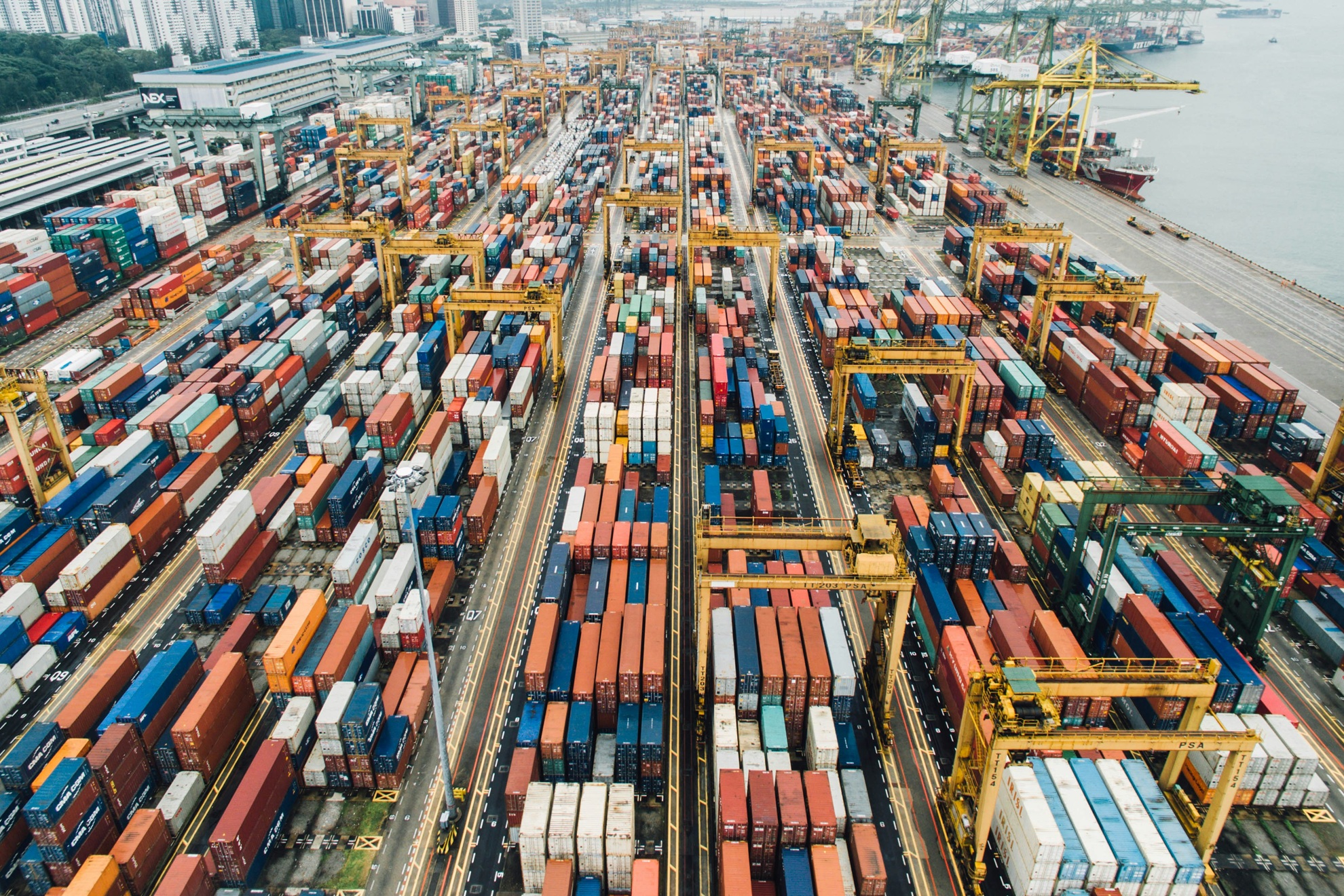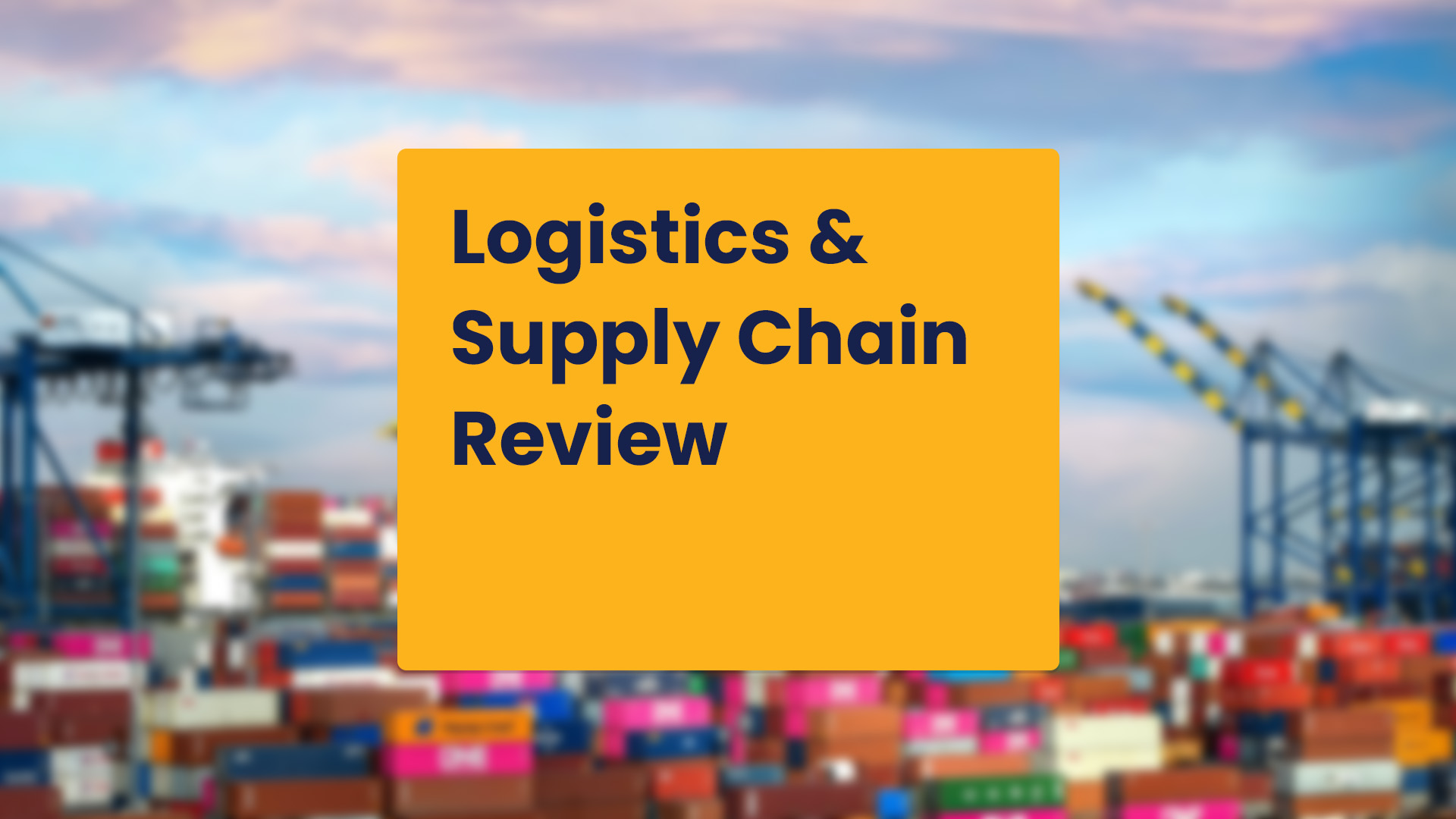The unknown of the 2025 freight economy
The 2025 freight economy is navigating a landscape marked by significant uncertainties and transformative shifts. Key factors influencing the industry include:
Trade Policies and Tariffs: The Trump administration has introduced additional tariffs on Chinese goods and is considering substantial fees on Chinese-built or Chinese-flagged ships entering U.S. ports. These measures aim to counter China's dominance in global shipbuilding and bolster the U.S. shipbuilding sector. However, such policies could escalate operational costs for ocean carriers, potentially leading to increased freight rates for U.S. businesses and consumers.
Technological Advancements: The advent of autonomous trucking technology is poised to revolutionize freight transport. Companies like Aurora Innovation are preparing to deploy driverless trucks for freight hauling between major hubs, addressing challenges such as driver shortages and rising logistics costs. This shift could enhance efficiency and reshape operational models within the industry.
Global Economic Conditions: The freight sector is also contending with broader economic factors, including geopolitical tensions and evolving trade dynamics. These elements contribute to a complex environment, making it challenging to predict future trends and necessitating adaptability from industry stakeholders.
In summary, the 2025 freight economy is at a crossroads, influenced by policy decisions, technological innovations, and global economic shifts. Stakeholders must remain agile and informed to navigate these evolving challenges effectively.
Semiconductor firms call for EU Chips Act 2.0
On March 19, 2025, semiconductor manufacturers and supply chain companies urged the European Commission to introduce a successor to the 2023 EU Chips Act, emphasizing the need to focus on chip design, materials, and equipment, in addition to manufacturing.
The initial Chips Act led to increased investments in manufacturing but did not succeed in attracting leading-edge chipmakers or addressing the entire supply chain. The funding model, primarily reliant on member states with mandatory EU approval, faced criticism for its sluggishness. Despite these challenges, European companies viewed the Act as a necessary counterbalance to substantial state support programs in the U.S. and China.
Following discussions with industry leaders and European lawmakers in Brussels, organizations such as the European Semiconductor Industry Association (ESIA) and SEMI Europe plan to propose a 'Chips Act 2.0' to EU digital chief Henna Virkkunen. This proposed initiative aims to provide decisive support for semiconductor design, manufacturing, research and development, as well as materials and equipment.
European Parliament Member Oliver Schenk highlighted the necessity of subsidies for suppliers to strengthen the broader industry ecosystem. He noted that, unlike in Taiwan where companies like BASF collaborate closely with TSMC, such partnerships are lacking in Europe, underscoring the need for enhanced support to foster similar collaborations within the European semiconductor sector.

Shipping Trade Group Says Trump Port-Fee Plan Will Hurt U.S.
The Trump administration's proposal to impose fees on Chinese-built ships entering U.S. ports has raised significant concerns among industry stakeholders. Bimco, a leading shipping trade group representing nearly 2,100 vessel owners across 130 countries, warns that such measures could escalate transportation costs for U.S. imports and exports, adversely affecting the broader U.S. economy. These increased costs are likely to be passed down the supply chain, ultimately burdening U.S. consumers.
The proposed fees, which could reach up to $1.5 million per vessel visit, aim to bolster the U.S. shipbuilding industry by countering China's dominance in global shipbuilding. However, critics argue that these measures may not effectively diminish China's shipbuilding supremacy and could lead to unintended consequences, such as reduced vessel availability and increased shipping expenses.
Additionally, there are concerns that the policy could result in port congestion and job losses at U.S. ports, as some may become less attractive for foreign trade. The agricultural sector, in particular, could face up to $930 million in additional transportation costs annually, further diminishing its competitive edge due to increased operational expenses.
In summary, while the administration's intent is to revitalize domestic shipbuilding, industry experts caution that the proposed port fees could have detrimental effects on the U.S. economy, with limited impact on reducing China's dominance in shipbuilding.
Get more articles like this in your inbox
Sign up for our monthly newsletter
Find more articles



